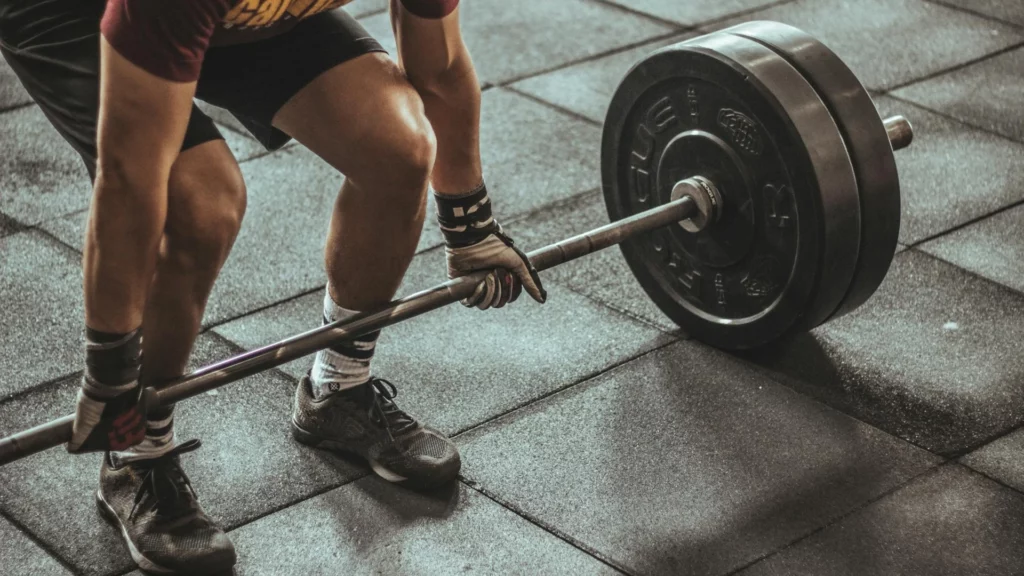Phycocyanin (PC), extracted from the microalga Spirulina platensis, is a natural pigment that has attracted the attention of athletes for its potential benefits in ergogenic support and recovery in sports practice. PC is not a prohibited EPO in competitive sports.
Phycocyanin, a blue pigment extracted from the microalga Spirulina platensis, has drawn special attention due to its health benefits. Recently, its advantages as an ergogenic aid (a substance that enhances muscle work and, consequently, sports performance) and in post-sport recovery have been the subject of numerous scientific notes.
Regarding the main activities of phycocyanin, antioxidant and anti-inflammatory, their benefits can be summarized as follows: oxidative stress resulting from physical effort can affect an athlete’s performance and recovery. Antioxidants can counteract the damage caused by these free radicals. Furthermore, physical activity, particularly intense episodes, can lead to inflammation. PC has proven effective in modulating inflammatory pathways, thus potentially contributing to faster recovery.
Studies have indicated that phycocyanin, as an ergogenic aid with high antioxidant activity, influences prolonged physical activity and delays the onset of fatigue.
An ergogen in the practice of sport

Effective oxygen transport is crucial for endurance activities. Research has hinted at the potential role of phycocyanin in improving oxygen transport to the muscles. Although further research is still needed.
Oxidative stress and post-exercise inflammation can lead to muscle damage and delayed onset muscle soreness (DOMS). Phycocyanin, with its anti-inflammatory and antioxidant properties, plays a role in reducing muscle damage and alleviating the symptoms of DOMS.
Given its potential benefits, athletes and coaches might consider incorporating supplements rich in PC into their training and recovery programs. Specifically, phycocyanin with a concentration of 24 g/l or 36 g/l with a high level of purity.
However, before incorporating this dietary supplement, athletes should consult with sports nutritionists and physicians.
Phycocyanin, extracted from spirulina, offers promising potential in the field of sports and exercise science. Although preliminary evidence supports its ergogenic and recovery benefits, further research is necessary to establish definitive recommendations.
Phycocyanin is a permitted erythropoietin (EPO)
Erythropoietin (EPO) is a glycoprotein hormone primarily produced by the kidneys. Its main function is to regulate the production of red blood cells (RBCs) in the bone marrow. When the level of oxygen in the blood decreases, the kidneys produce and release more EPO. Which then stimulates the bone marrow to produce more red blood cells, thus enhancing the blood’s oxygen-carrying capacity.
EPO is a significant point of interest in sports science due to its performance-enhancing potential, especially in endurance sports. An increase in red blood cell count can improve oxygen delivery to muscles, thereby enhancing aerobic capacity and endurance.
However, the use of synthetic EPO (recombinant human EPO) is prohibited in competitive sports because it can give athletes an unfair competitive advantage. Additionally, the abuse of EPO can lead to blood thickening (polycythemia), increasing the risk of blood clots, strokes, and heart disease.
Phycocyanin and EPO

Recent scientific interest has focused on whether phycocyanin (PC) can stimulate the production of EPO. Phycocyanin itself is not listed as a prohibited substance in competitive sports by organizations such as the World Anti-Doping Agency (WADA) and others.
It is crucial to emphasize that phycocyanin does not stimulate erythropoietin (EPO). The EPO derived from PC is a hormone that stimulates red blood cell production. Whereas synthetic EPO is banned in competitive sports due to its performance-enhancing effects and potential health risks. Unlike synthetic EPO, which can raise hematocrit levels and increase the risk of events such as strokes. Phycocyanin operates through different physiological mechanisms without affecting red blood cell production.
Although it is not banned, athletes should always approach dietary supplements with caution. While spirulina and phycocyanin may offer health benefits, athletes must ensure they obtain pure and safe supplements free of contaminants and discuss any supplementation with a sports nutritionist or physician.
In conclusion, while EPO, particularly in its synthetic form, is prohibited in competitive sports due to its performance-enhancing properties and health risks, PC, as a potential EPO stimulant, is not banned. However, even if phycocyanin has the potential to stimulate EPO, further research is needed to fully elucidate its effects and mechanisms.
Phycocyanin offers multiple benefits to athletes, particularly in reducing inflammation and oxidative stress, which are key elements of post-sport recovery. This allows athletes to train harder and recover more effectively. Phycocyanin has garnered attention in the sports and fitness world for its role in enhancing athletic performance and recovery.

